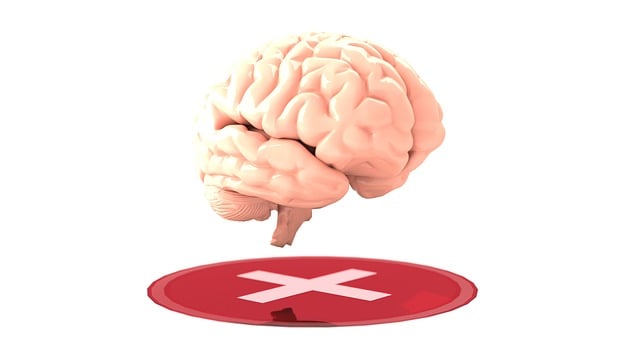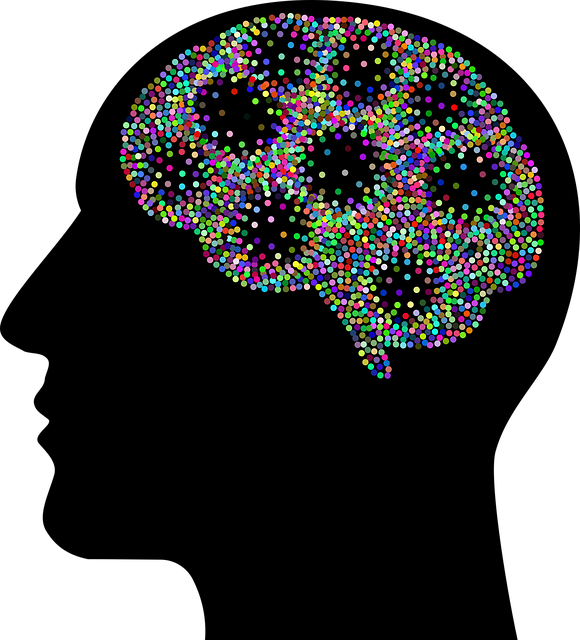Early intervention through therapy is key to combating codependency in children, focusing on emotion regulation and healthy coping mechanisms. By teaching self-awareness and providing safe spaces for emotional exploration using methods like play therapy and cognitive-behavioral therapy (CBT), kids gain tools to manage their emotions independently. Cultural competency and public awareness campaigns further support diverse children in navigating emotional challenges, leading to better mental health outcomes and resilience.
Emotion regulation techniques are crucial tools for teaching children, especially those dealing with codependent behaviors. This article explores strategies to empower kids with healthy emotional expression, delving into the complex interplay between emotion regulation and codependency in young minds. We discuss effective methods to support children, from understanding their emotions to leveraging therapy as a game-changer in addressing codependent tendencies. By implementing these techniques, parents and caregivers can foster a vibrant and balanced emotional landscape for children.
- Understanding Emotion Regulation and Codependency in Children
- Techniques to Teach Children Healthy Emotional Expression
- The Role of Therapy in Supporting Children with Codependent Behaviors
Understanding Emotion Regulation and Codependency in Children

Understanding a child’s emotion regulation is crucial, especially when addressing codependency issues. Codependency in children often stems from an early environment where their emotional needs were inconsistently met or overlooked. Therapy for Children focusing on emotion regulation aims to equip them with healthy coping mechanisms and self-awareness. Through this process, kids learn to identify and manage their emotions effectively, fostering a sense of independence and resilience.
Teaching children about self-care routines development for better mental health is an integral part of this therapy. By implementing crisis intervention guidance, healthcare providers can help young individuals navigate intense feelings and prevent burnout, which is a common issue among those in helping professions. These strategies empower children to face emotional challenges head-on, ensuring they grow into emotionally balanced adults.
Techniques to Teach Children Healthy Emotional Expression

Teaching children healthy emotional expression is a crucial component of their overall development and well-being. One effective approach is through play therapy, where professionals use games, art, and storytelling to help kids identify and communicate their feelings. By engaging in these activities, children learn to express themselves constructively, enhancing their emotional vocabulary and self-awareness. For instance, encouraging them to draw or act out scenarios can provide valuable insights into their emotions and help them develop appropriate coping mechanisms.
Additionally, teaching positive thinking and resilience building techniques from a young age can significantly impact a child’s ability to manage emotions. Simple exercises like mindful breathing, positive affirmations, and reframing negative thoughts can empower kids to navigate challenging situations with more ease. These emotional well-being promotion techniques not only help in the moment but also foster a healthy mindset that can prevent codependency and promote overall mental health as they grow up.
The Role of Therapy in Supporting Children with Codependent Behaviors

Children with codependent behaviors often struggle to regulate their emotions effectively, which can significantly impact their daily lives and relationships. Therapy plays a pivotal role in supporting these young individuals by providing a safe and non-judgmental space to explore and understand their feelings. Through evidence-based approaches, therapists help children develop healthy coping mechanisms for managing stress and emotional distress. One such method is cognitive-behavioral therapy (CBT), which teaches children to identify and challenge negative thought patterns and replace them with more adaptive ones.
Additionally, healthcare provider cultural competency training can be invaluable in this context. By understanding the cultural nuances surrounding codependency, therapists can tailor their strategies to suit diverse populations. This personalized approach ensures that children from various backgrounds feel comfortable and supported throughout their therapy journey. Public awareness campaigns development around emotional well-being can further complement these efforts, educating parents, caregivers, and communities about recognizing and addressing codependent behaviors in children.
Emotion regulation techniques teaching plays a pivotal role in addressing codependency issues in children. By understanding the intricate relationship between emotion regulation and codependency, educators and therapists can employ effective strategies to foster healthy emotional expression. Techniques discussed, including those from therapy for children with codependency, offer valuable tools to navigate and transform challenging behaviors. Through dedicated instruction and supportive therapy, children can learn to manage their emotions constructively, paving the way for improved relationships and overall well-being.









